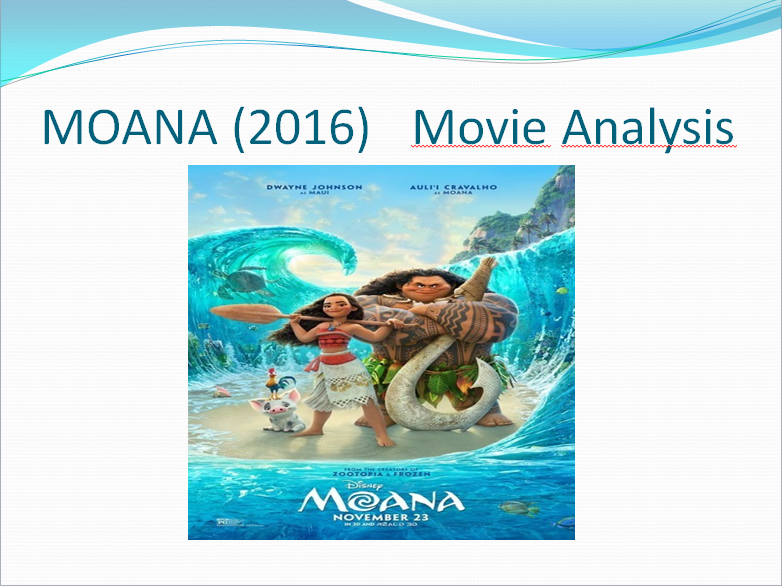Conclusion
Throughout Literary Criticism I learn different types of criticism such as Traditional, Sociological, Formalist, Psychoanalytical and Mythological criticism. The stories I criticized were "Thank You, M´am", "Harrison Bergeron", "Uglies", “The Rocking Horse Winner”, "Where Are You Going, Where Have You Been?". Those stories are very interesting. When I read I can imagen if I were inside the stories. I could learn about the authors of each story because in their writing there is a part of their real life, they transmit a message to the readers, each story has its own purpose, and I could make different critics throughout them. I learned what I expected, important aspects about above readings, and I enjoyed those stories and enriched my critic point of view about reading. It is important to know that readings can teach people many things about life; people should enjoy reading and try to think about the readings messages.



